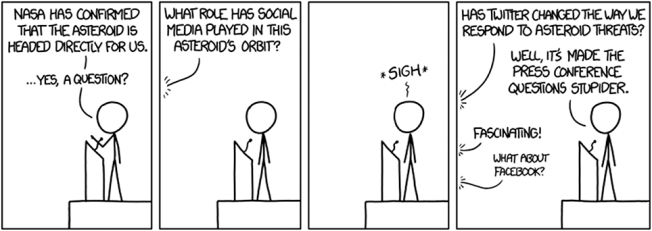
Dr Taha Yasseri
Former Senior Research Fellow
Taha Yasseri analyses large-scale transactional data to understand human dynamics, collective behaviour, collective intelligence and machine intelligence.
The role of social media in shaping the new politics is undeniable. Therefore the volume of research on this topic, relying on the data that are produced by the same technologies, is ever increasing. And let’s be honest, when we say “social media” data, almost always we mean Twitter data!
Twitter is arguably the most studied and used source of data in the new field of Computational Political Science, even though in many countries Twitter is not the main player. But we all know why we use Twitter data in our studies and not for instance data mined from Facebook: Twitter data are (almost) publicly available whereas it’s (almost) impossible to collect any useful data from Facebook.
That is understandable. However, there are numerous issues with studies that are entirely relying on Twitter data.
In a mini-review paper titled “A Biased Review of Biases in Twitter Studies on Political Collective Action“, we discussed some of these issues. Only some of them and not all, and that’s why we called our paper a “biased review”.
The reason that I’m reminding you of the paper now is mostly the new surge of research on “politics and Twitter” in relation to the recent events in the UK, US, and the forthcoming elections in European countries this summer.
Here is the abstract:
In recent years researchers have gravitated to Twitter and other social media platforms as fertile ground for empirical analysis of social phenomena. Social media provides researchers access to trace data of interactions and discourse that once went unrecorded in the offline world. Researchers have sought to use these data to explain social phenomena both particular to social media and applicable to the broader social world. This paper offers a minireview of Twitter-based research on political crowd behavior. This literature offers insight into particular social phenomena on Twitter, but often fails to use standardized methods that permit interpretation beyond individual studies. Read more….

Social Media: an illustration of overestimating the relevance of social media to social events from XKCD. Available online at http://xkcd.com/1239